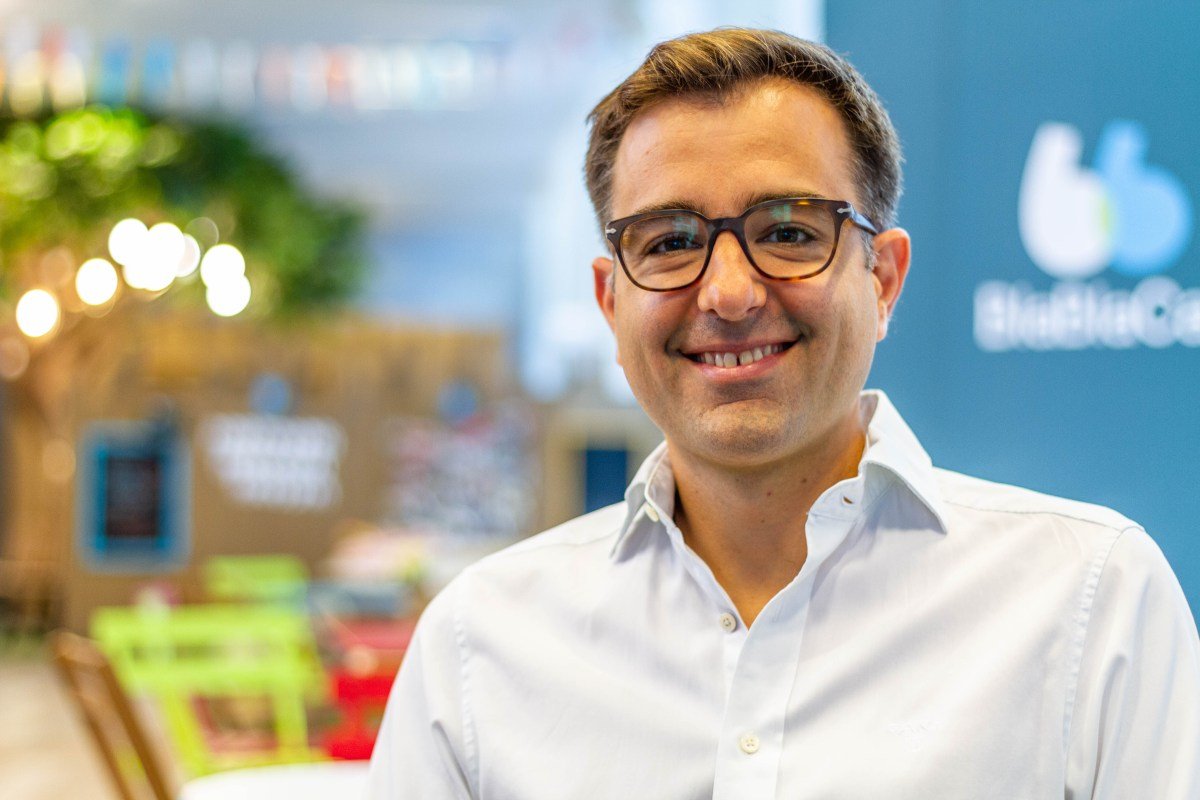The French startup ecosystem has been shaped by many companies, and one of the most iconic names is BlaBlaCar. Despite its longevity, it still embodies the essence of a startup with its unique evolution. What began as a humble online hitchhiking community has now achieved unicorn status by raising hundreds of millions and expanding to numerous countries and continents. However, the company has also placed emphasis on profitability and has recently secured a €100 million revolving credit facility to drive its growth and potential acquisitions.
According to co-founder and CEO Nicolas Brusson, debt is an advantageous and versatile tool. The credit facility is backed by major banks in France, the U.K., and the U.S., and for now, BlaBlaCar is not paying any interest. But the company has plans to utilize the debt to acquire smaller companies during this difficult time for startups, as many struggle to secure funding.
Despite not being a publicly listed company, BlaBlaCar has started to disclose some metrics, revealing that it has been profitable since April 2022. This comes as a huge relief considering the challenges faced by French startups in 2023, apart from those focused on artificial intelligence.
“The entire business is profitable. We’ve been profitable for almost two years,” states Brusson. “2022 was the first full year post-COVID, apart from the first two months. We recorded revenue of €195 million and ended the year with a slight loss, mainly due to a dreadful first quarter. However, from the second quarter onwards, we’ve been profitable. In 2023, our revenue exceeded €250 million, with a growth rate of almost 30% and maintaining profitability.”
The term “profitable” can be interpreted differently, with some companies only referring to EBITDA, which does not factor in asset costs. Brusson is tired of companies boasting about profits when they are actually losing money each year. In BlaBlaCar’s case, it has been profitable on an EBITDA basis, and also generates net profits as the company does not own any vehicles.
Approximately 80 million passengers have booked rides through BlaBlaCar in 2023, and the company’s user base extends far beyond France. “Brazil has a larger user base than France, and I believe that India will surpass France in terms of carpool rides next year,” Brusson reveals.
BlaBlaCar has not yet monetized its users in India, Brazil, Mexico, and Turkey, as it does not take a cut from carpooling transactions. But the company plans to gradually introduce booking fees in these markets, contributing to its revenue growth.
One complication is Russia, where BlaBlaCar had millions of users before the war in Ukraine began. While many tech companies sold their Russian subsidiaries, BlaBlaCar chose to keep it despite generating less than 5% of its revenue. Brusson believes selling the Russian segment in the current climate would be counterproductive and equates to giving it away.
In Europe, BlaBlaCar’s goal is to consolidate all ground transportation methods, which includes adding train tickets to its platform in the next year. Brusson envisions combining train rides with carpooling, creating almost a door-to-door journey. However, for shorter distances, BlaBlaCar is experimenting with last-mile carpooling, connecting passengers at train stations with drivers heading to their destination.
In markets outside Europe, the main opportunity lies in bus rides. “The good news for us in these markets is that the bus industry remains largely offline and fragmented,” Brusson explains. He cites the billions of dollars spent on bus tickets in countries like India and Brazil, suggesting a significant potential for growth.








